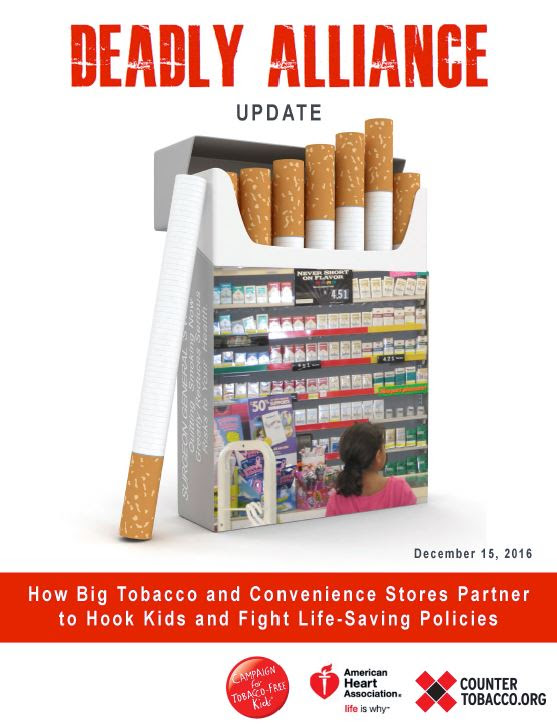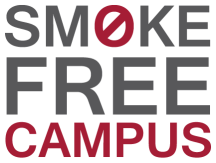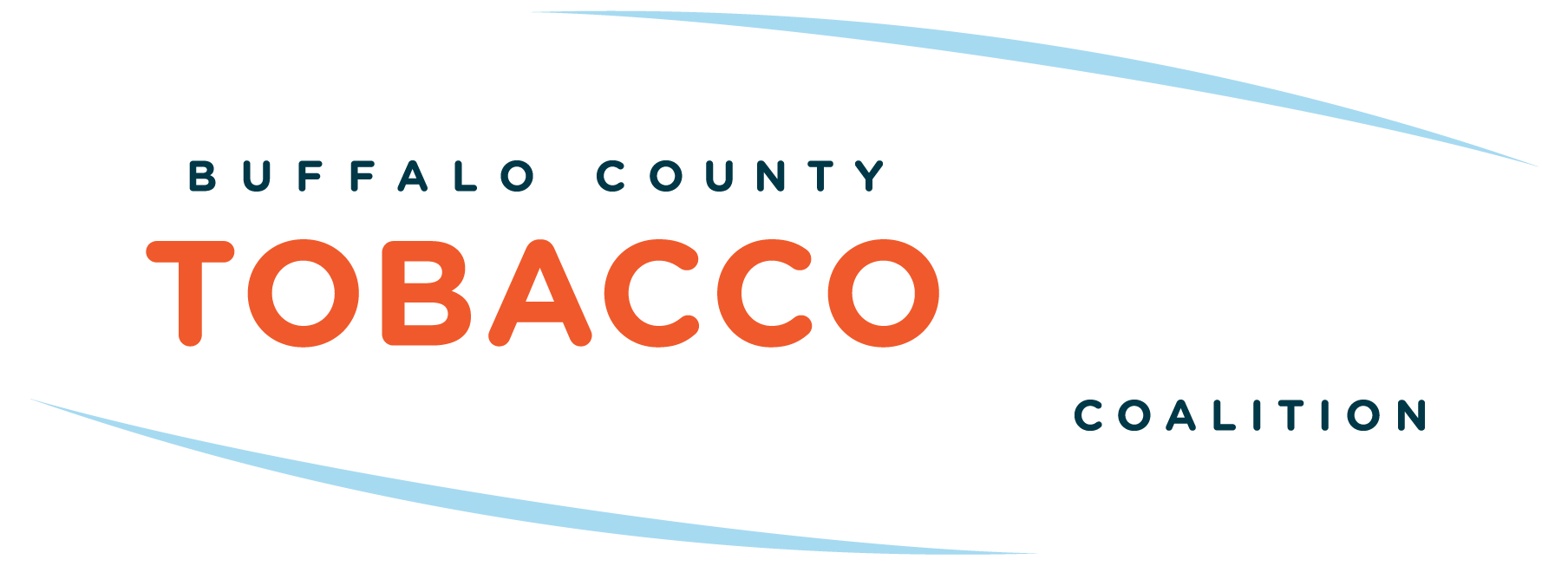Smokers are at greater risk for diseases that affect the heart and blood vessels (cardiovascular disease). Smoking causes stroke and coronary heart disease, which are among the leading causes of death in the United States.
Smoking can:
At age 60, Brian shares his story as part of the Tips From Former Smokers™. He was a heavy smoker for more than 35 years. He had his first heart attack at age 35 while he was stationed in England. An Air Force veteran, Brian experienced several heart problems throughout his military career. In July 2012, he received a heart transplant after quitting smoking for good.
Call 1-800-QUIT-NOW (784-8669) for more information. In Spanish, call 1-855-DEJÉLO-YA (335-3569). Or visit QuitNow.ne.gov
On February, 3, 2017, the U.S. Department of Housing and Urban Development’s (HUD) smokefree public housing rule went into effect. While there are many Public Housing Agencies (PHA) that have a strong smokefree policy, those that do not now have 18 months to implement a policy that requires all indoor areas of public housing properties to be smokefree, as well as within 25 feet of buildings.
Americans for Nonsmokers’ Rights (ANR) now has model policy language available to assist PHAs with adoption of a strong policy. ANR has also created resources to support PHAs in implementing smokefree policies.
For more information about implementing smokefree policies at www.no-smoke.org/homes.html.
With more than 7,000 chemicals in cigarette smoke-over 70 of which are linked to cancer-it comes as no surprise that cigarettes contain harmful chemicals that cause death and disease.
The U.S. Food and Drug Administration’s Center for Tobacco Products recently announced a series of videos and new web content to help consumers understand more about these chemicals, described in three stages “from plant to product to puff.”
Part 1: Chemicals in Every Tobacco Plant
Part 2: Chemicals in Every Cigarette
Part 3: Chemicals in Every Puff of Cigarette Smoke

The American Lung Association released the 15th annual “State of Tobacco Control” report that evaluates states and the federal government on the proven-effective tobacco control laws and policies necessary to save lies. See Nebraska’s grades here.
Campaign for Tobacco-Free Kids recently updated their 2012 report that details how the tobacco and convenience store industries partner to sell tobacco products and oppose public health policies.
The 2016 report, Deadly Alliance, contains updated information on how tobacco companies pay convenience stores to ensure that cigarettes and other tobacco products are advertised heavily, displayed prominently, and priced cheaply in order to appeal to both kids and current tobacco users.

A new article from CounterTobacco.org lists seven point of sale policy trends to watch for in 2017. According to the article, broader conversations on these topics will ensue, providing positive outcomes in tobacco control.
Why Peer Crowds Matter: Incorporating Youth Subcultures and Values in Health Education Campaigns is the first article that explains why peer crowds are critical to public health efforts and how segmentation can increase the efficiency and effectiveness of a behavior change campaign. The article presents an excellent overview of the current state of peer crowd science, including a summary of the peer crowds that have been established in the literature and the theories that support it.
 Campus tobacco-free policies are important public health interventions to reduce smoking among young adults. However, achieving compliance with tobacco policies can be a challenge. In this report, The Carrot and the Stick? Strategies to improve compliance with college campus tobacco policies, it talks about 2 distinct approaches to increase compliance with these policies: the social or formal approach.
Campus tobacco-free policies are important public health interventions to reduce smoking among young adults. However, achieving compliance with tobacco policies can be a challenge. In this report, The Carrot and the Stick? Strategies to improve compliance with college campus tobacco policies, it talks about 2 distinct approaches to increase compliance with these policies: the social or formal approach.
In February 2014, the U.S. Food and Drug Administration’s Center for Tobacco Products launched its first public education campaign aimed at reducing youth smoking. The findings in this report indicate that exposure to The Real Cost campaign was associated with preventing approximately 350,000 U.S. youth ages 11 to 18 from initiating smoking from 2014 to 2016.
Youth tobacco use in any form, including e-cigarettes, is unsafe. More than 6 of 10 American teens believe that e-cigarettes cause little or only some harm as long as they are used sometimes but not every day.
The U.S. Surgeon General recently came out with the following report: E-cigarette Use Among Youth and Young Adults.

Information and resources pertaining to the recently released report include:
Visit the website for additional resources.
An annual day of activism that empowers youth to speak up and seize control against Big Tobacco. Information and applications available here.
The premier gathering of the United States Tobacco Control Movement. Registration deadline is February 27, 2017. Early registration is recommended and available here.
Expanding Your Lens to Advance Health Equity
Public health professionals can gain practical knowledge in areas of data, social determinants of health, culture, and outreach with a focus on advancing health equity. Early registration ends March 31. Register here.
|
Quick Links |

Comments